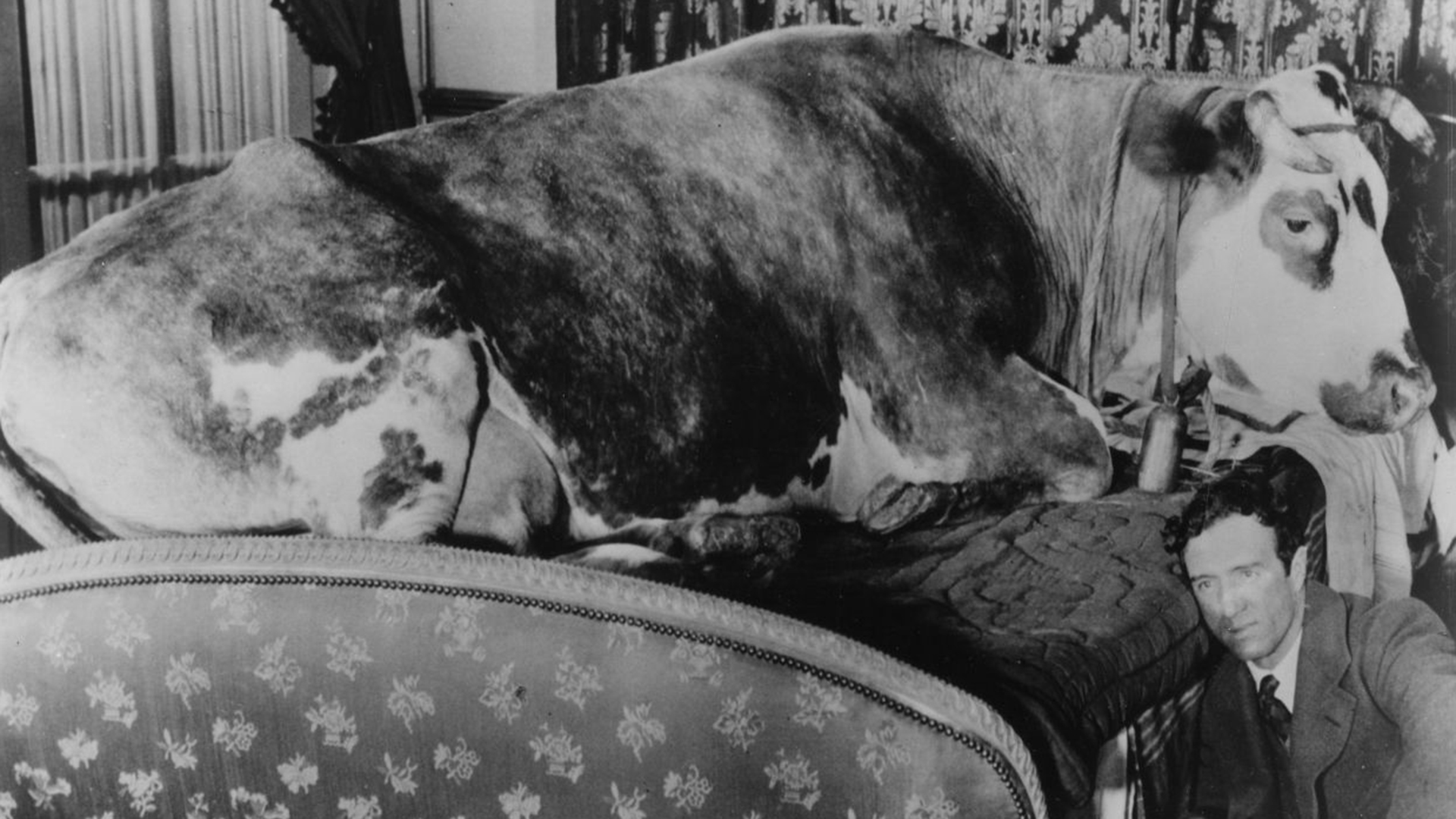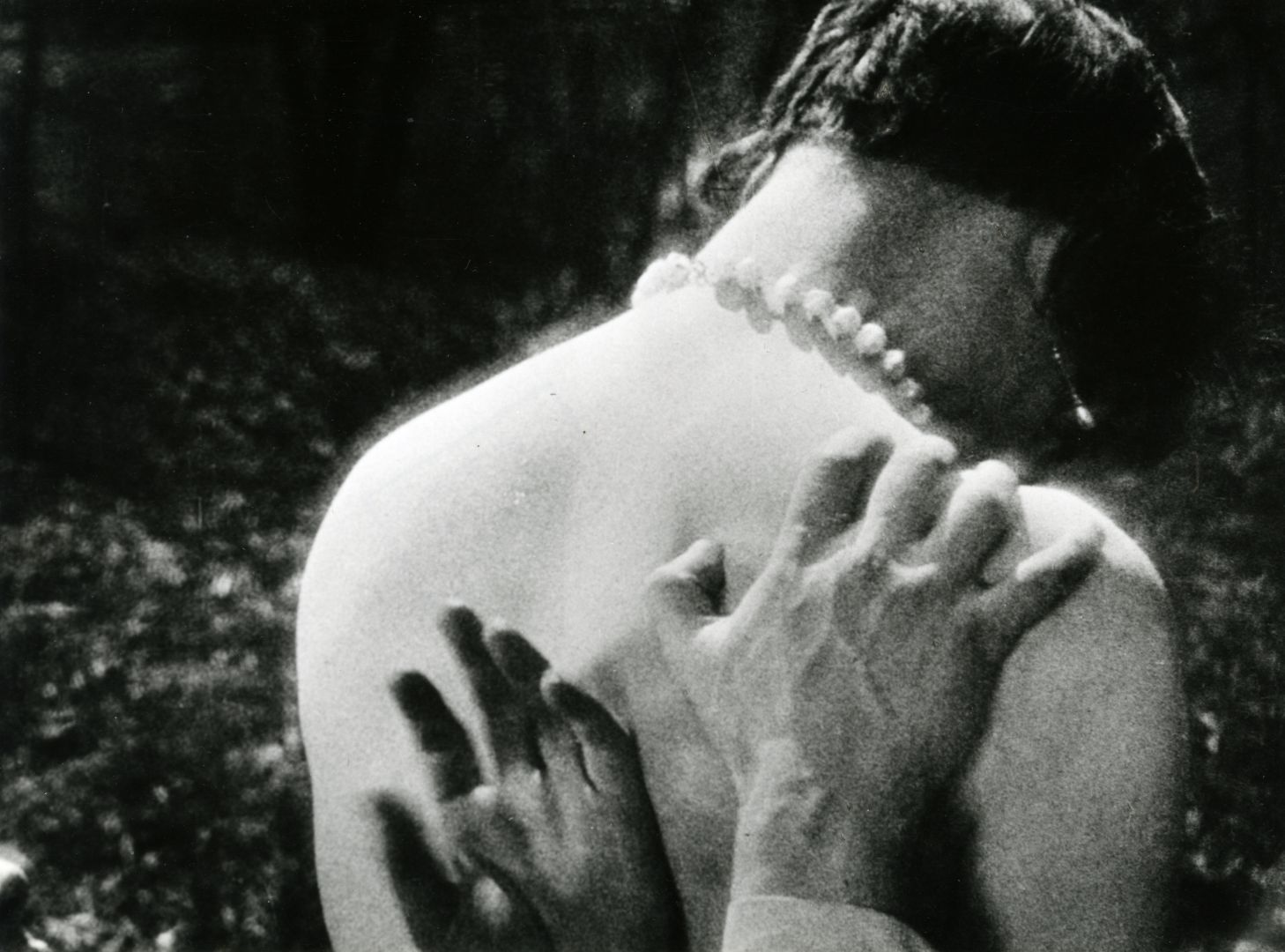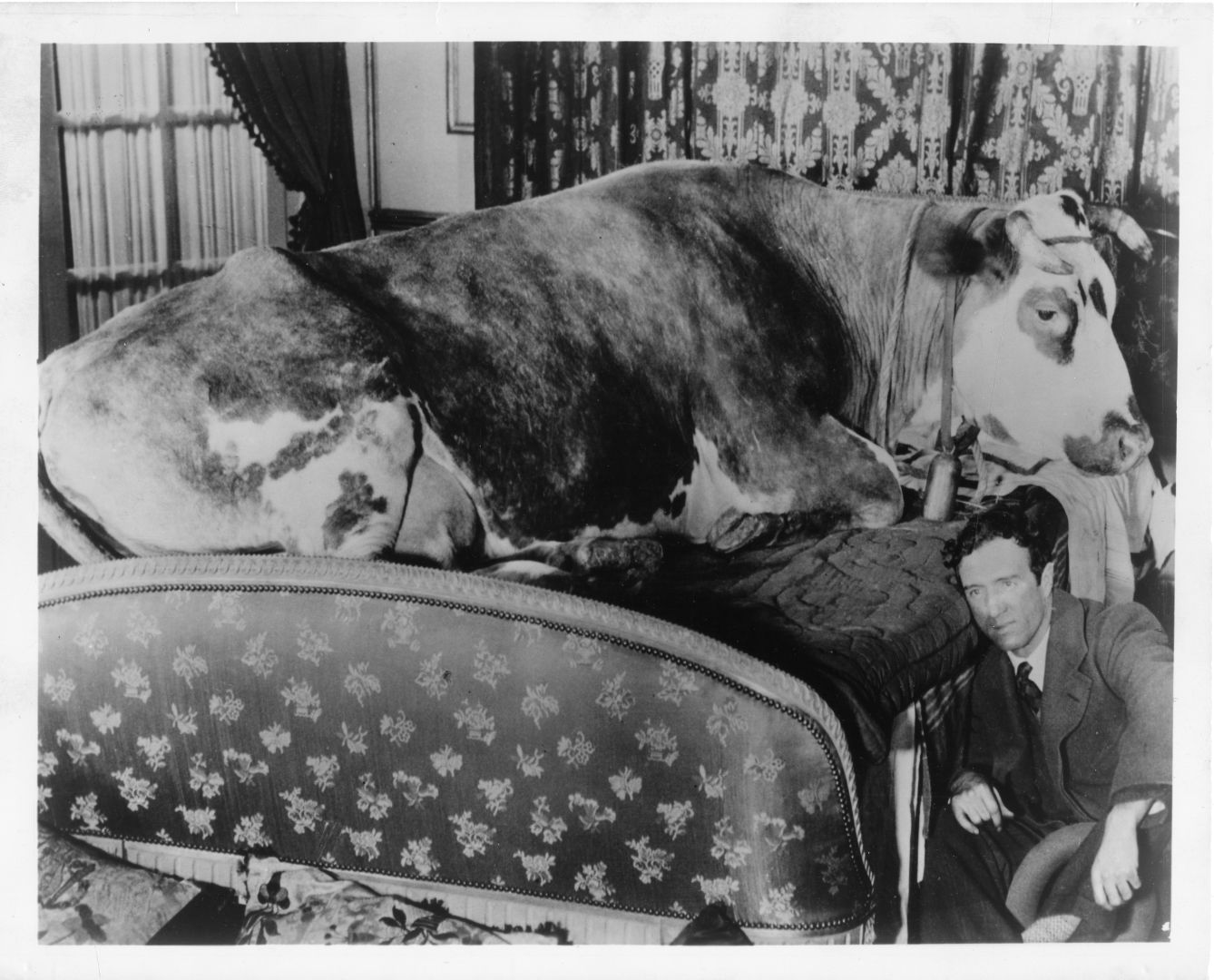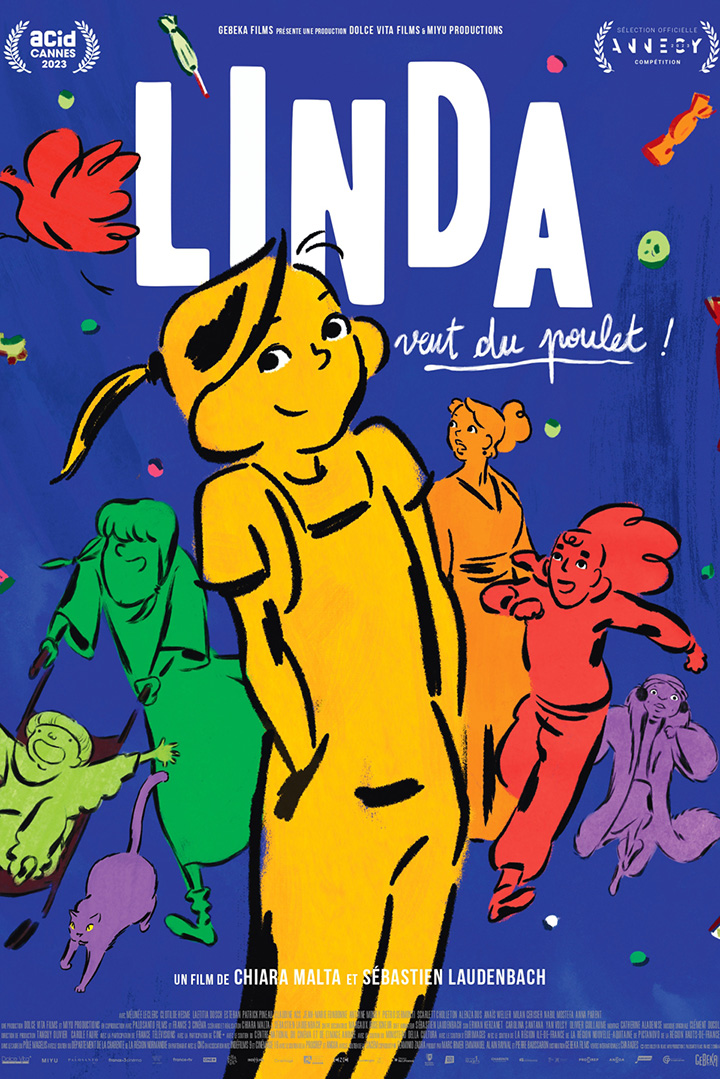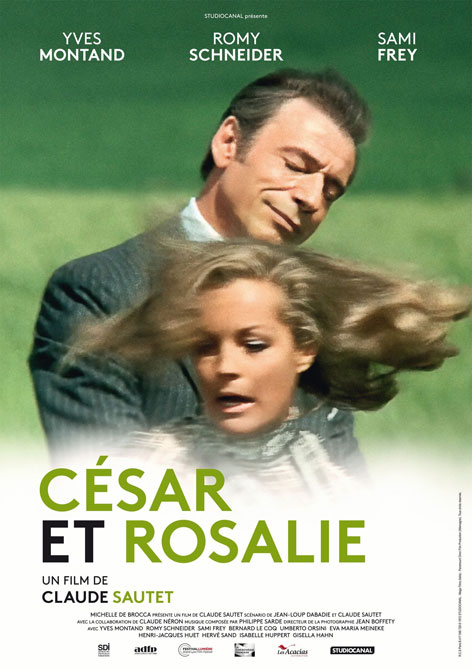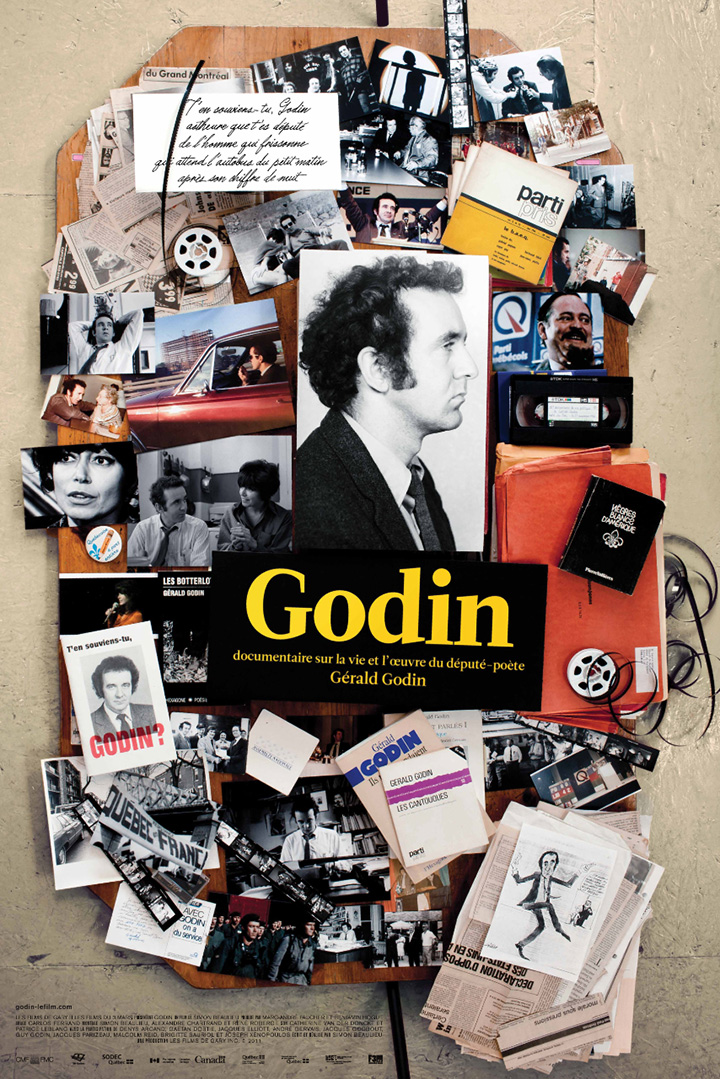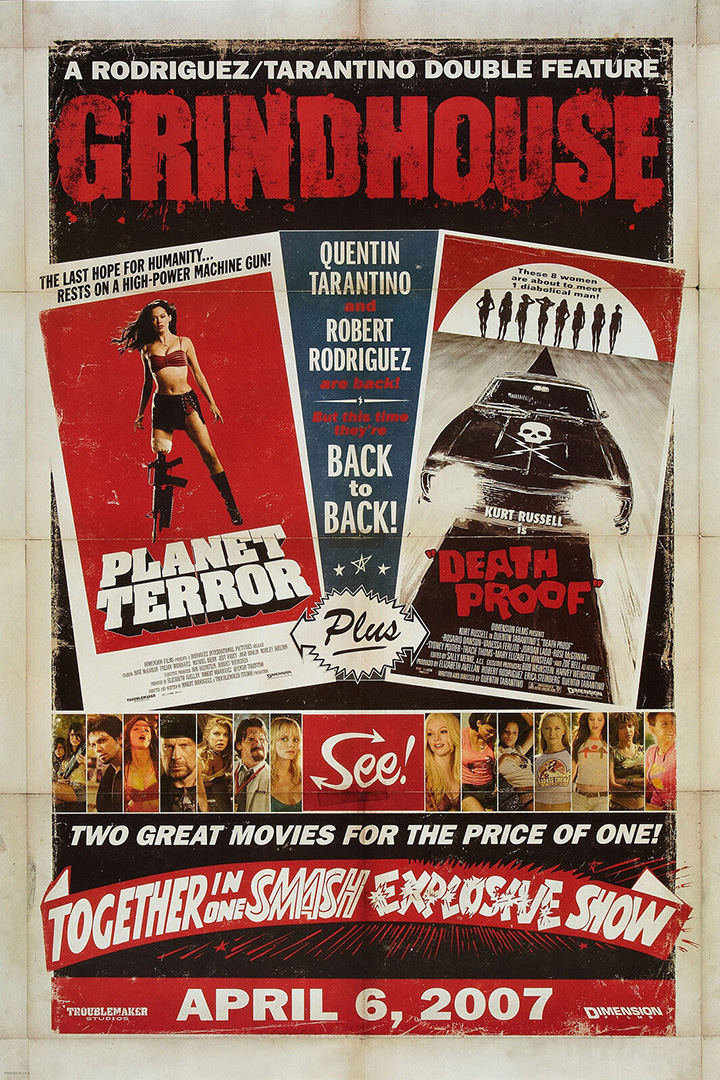L'Age d'Or + An Andalusian Dog
Luis Buñuel's career as a filmmaker spans nearly fifty years, from 1929 to 1977, from Un chien andalou to Cet obscur objet du désir. Divided between France, Mexico and Spain, flirting in turn with experimental, documentary, more commercial productions or poetic cinema, his protean work has never ceased to amaze, to disturb and to exert a strong influence. By articulating his cinema around the question of desire - impulsive, unfulfilled, thwarted or creative - Buñuel has succeeded like no other in scrutinizing the torments of the human soul, their share of mystery and violence as well as the delights that lie hidden within. Bringing together his most famous works, while giving pride of place to lesser-known films from his Mexican period, this cycle allows us to appreciate all the nuances of a filmography that, like Surrealist exquisite cadavers, cultivates a taste for contradiction, both in feelings and in cinematic language.
After the famous opening of the cut eye, a free series of images evoke dreams, nightmares, desires.
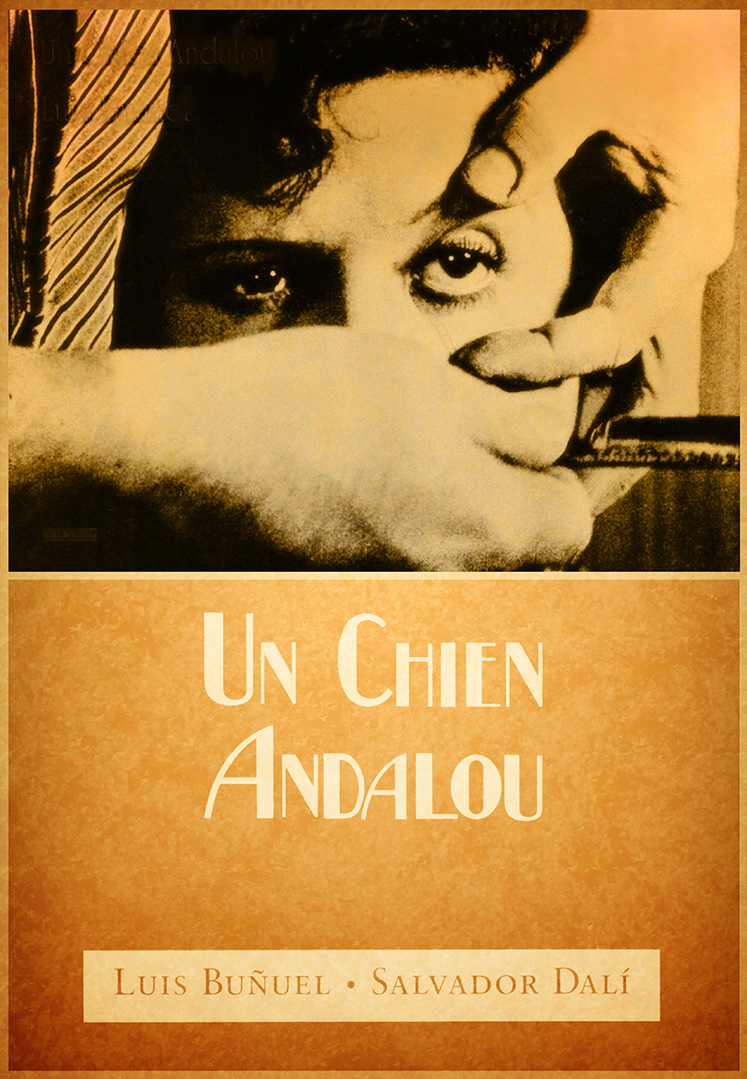
The surreal story of a man and a woman who love each other passionately, but whose attempts to consummate that passion are constantly thwarted by their families, the church and bourgeois society.
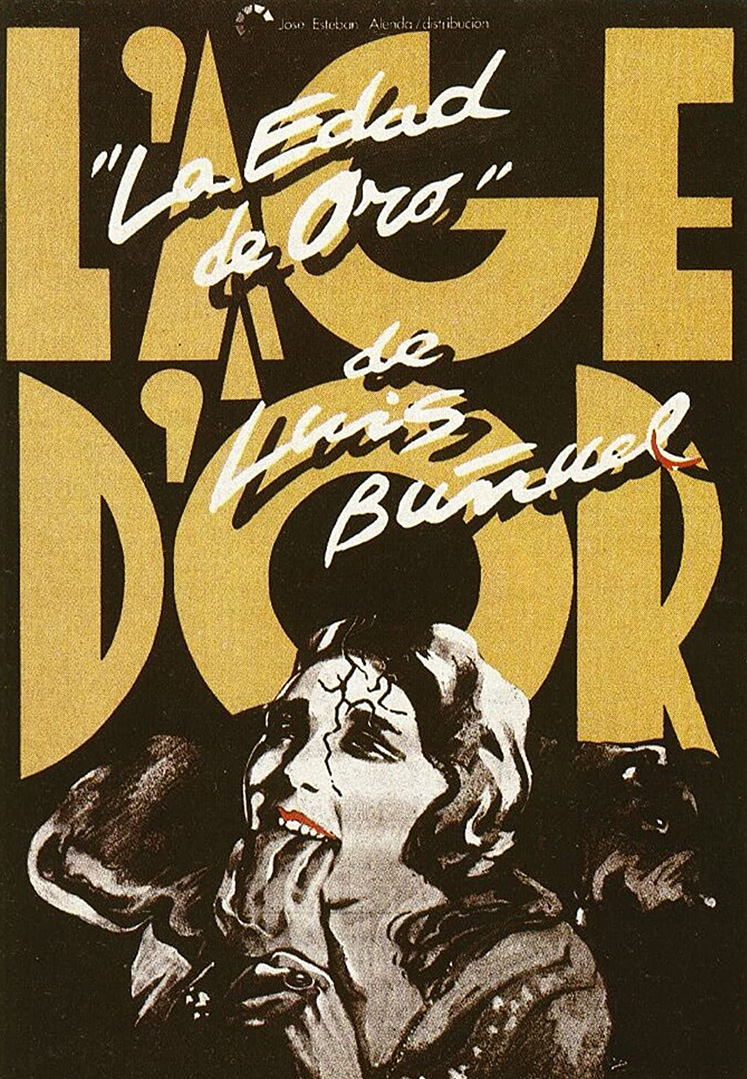
Luis Buñuel
Born in 1900 in Aragon, Spain, Luis Buñuel studied with the Jesuits before moving to Madrid to attend university. There he met Salvador Dalí and Federico García Lorca, and became close to the Dadaist movement. In 1925 he moved to Paris and became the assistant of Jean Epstein. Influenced by surrealism, he directed, with the collaboration of Dalí on the screenplay, Un chien andalou and then The Golden Age. The latter was more widely distributed, but caused a scandal and inaugurated the long list of censorship acts that would be directed at Buñuel's works, regardless of the period, for their sense of provocation, their political scope and their independence of spirit. The filmmaker worked for a time in Spain, but the civil war broke out and he left for the United States, before finally going into exile in Mexico, where he shot most of his work for almost twenty years. From the 1960s onwards, he returned to France to film, beginning a fruitful collaboration with the screenwriter Jean-Claude Carrière, who co-wrote all of his last films. Since his death, Buñuel's work has continued to be one of the most influential of the 20th century.
Photo: Collections of the Cinémathèque québécoise
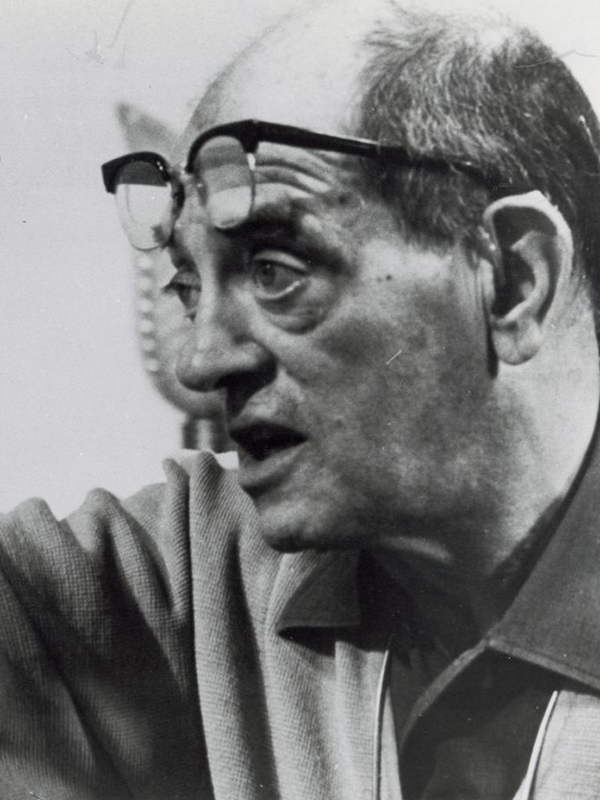
Salvador Dalí
Salvador Dalí (11 May 1904 – 23 January 1989) was a Spanish surrealist artist renowned for his technical skill, precise draftsmanship, and the striking and bizarre images in his work. Born in Figueres, Catalonia, Spain, Dalí received his formal education in fine arts in Madrid. He joined the Surrealist group in 1929, soon becoming one of its leading exponents. Dalí lived in France throughout the Spanish Civil War (1936 to 1939) before leaving for the United States in 1940 where he achieved commercial success. He returned to Spain in 1948. Dalí's artistic repertoire included painting, graphic arts, film, sculpture, design and photography. Major themes in his work include dreams, the subconscious, sexuality, religion, science and his closest personal relationships. To the dismay of those who held his work in high regard, and to the irritation of his critics, his eccentric and ostentatious public behavior often drew more attention than his artwork.
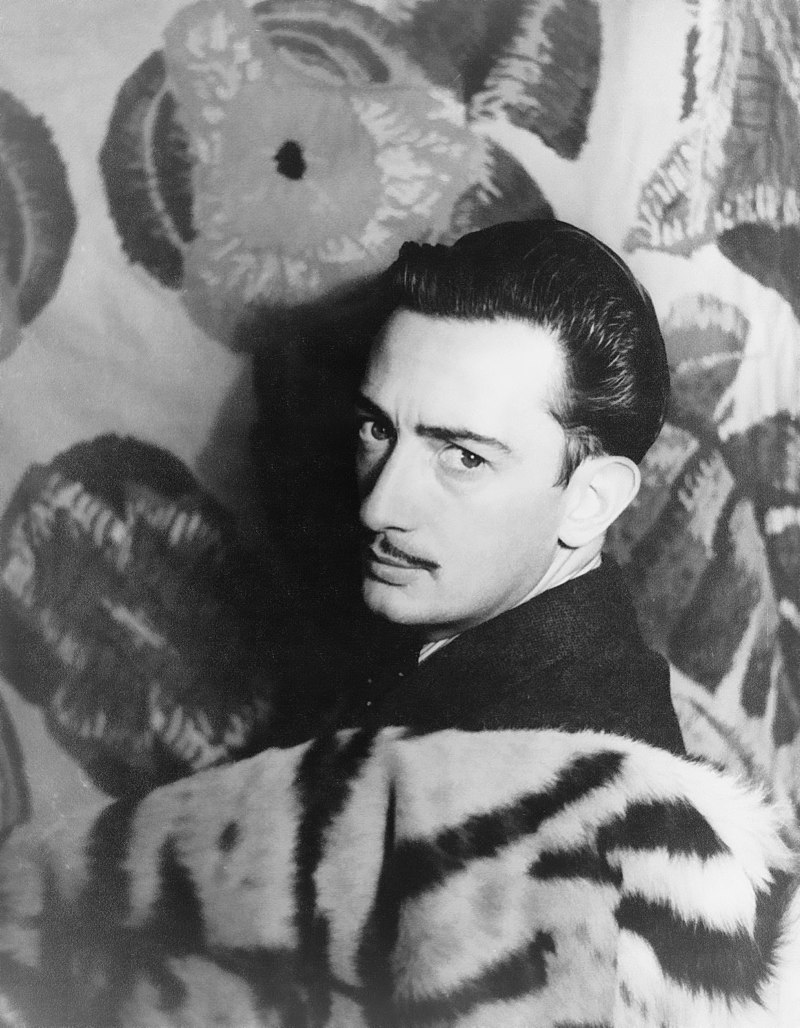
Explore
À lire sur notre blogue
Luis Buñuel, celui par qui le scandale arrive : Buñuel avait beau avoir le goût du scandale, ceux qui ont émaillé son parcours de cinéaste ont, à n’en pas douter, toujours dépassé ce qu’il avait fantasmé. Il suffit de s'en remémorer quelques-uns pour constater que la dimension subversive de son œuvre déborde largement de la simple provocation, et ce dès ses débuts.
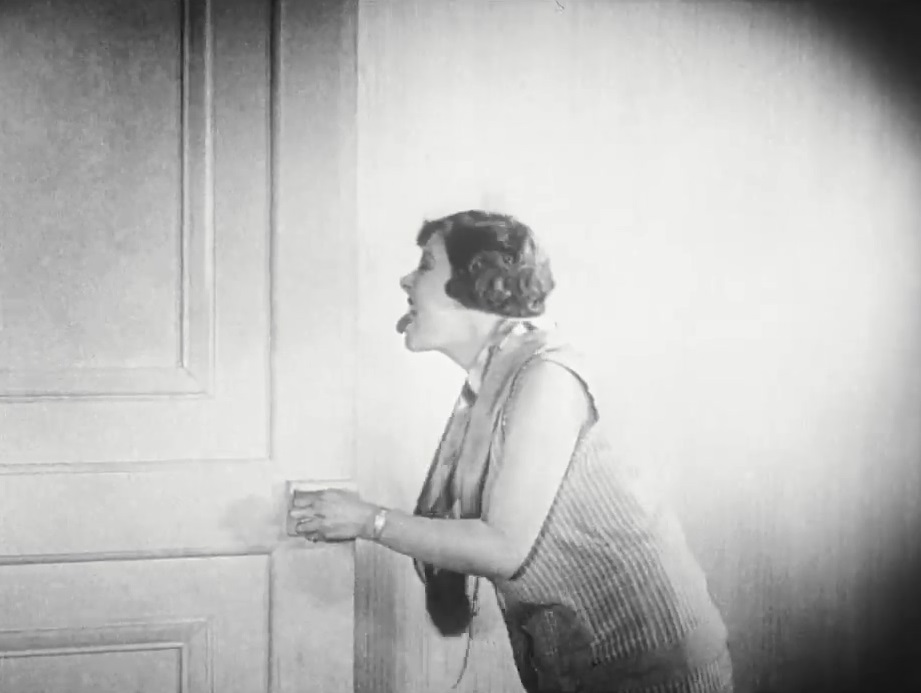
Un chien andalou by Luis Buñuel and Salvador Dalí
